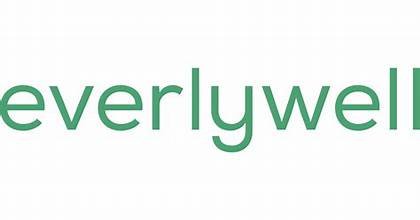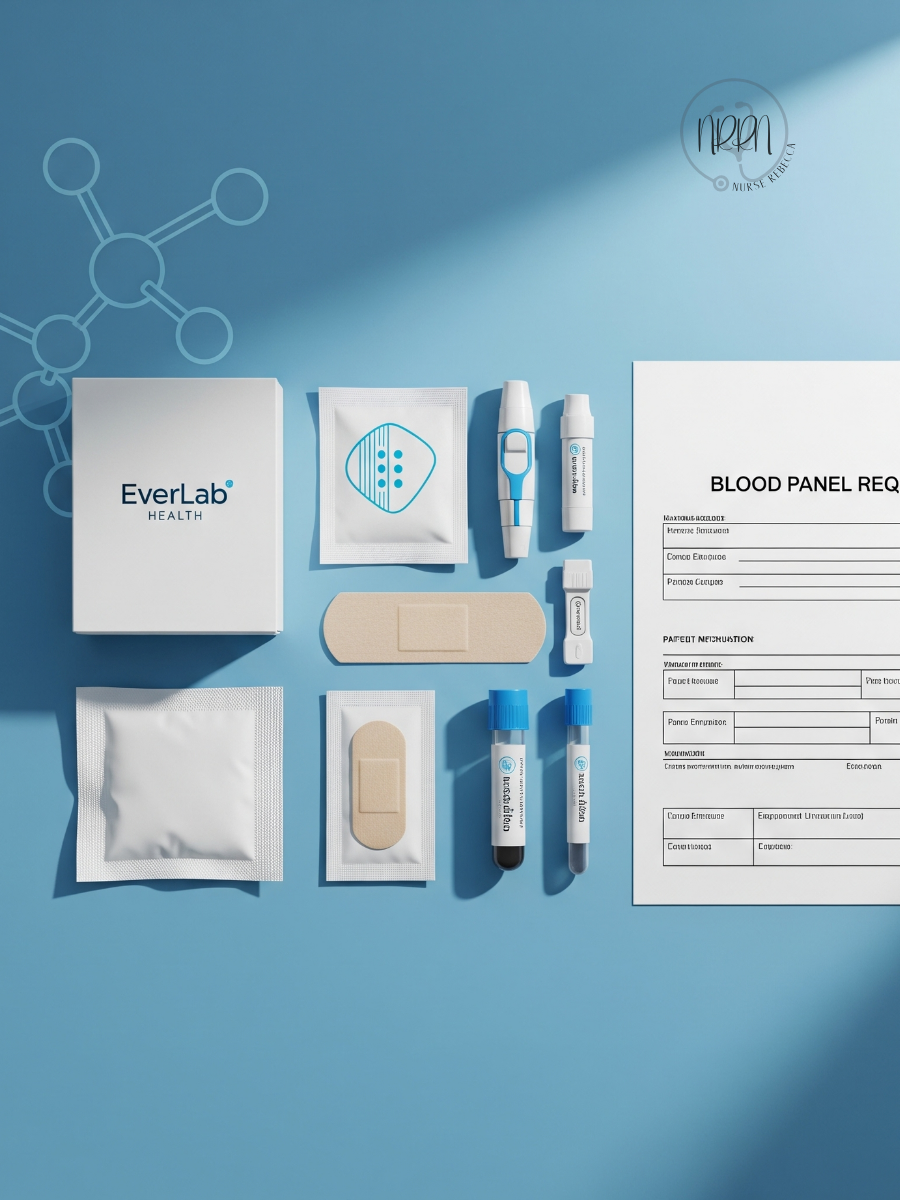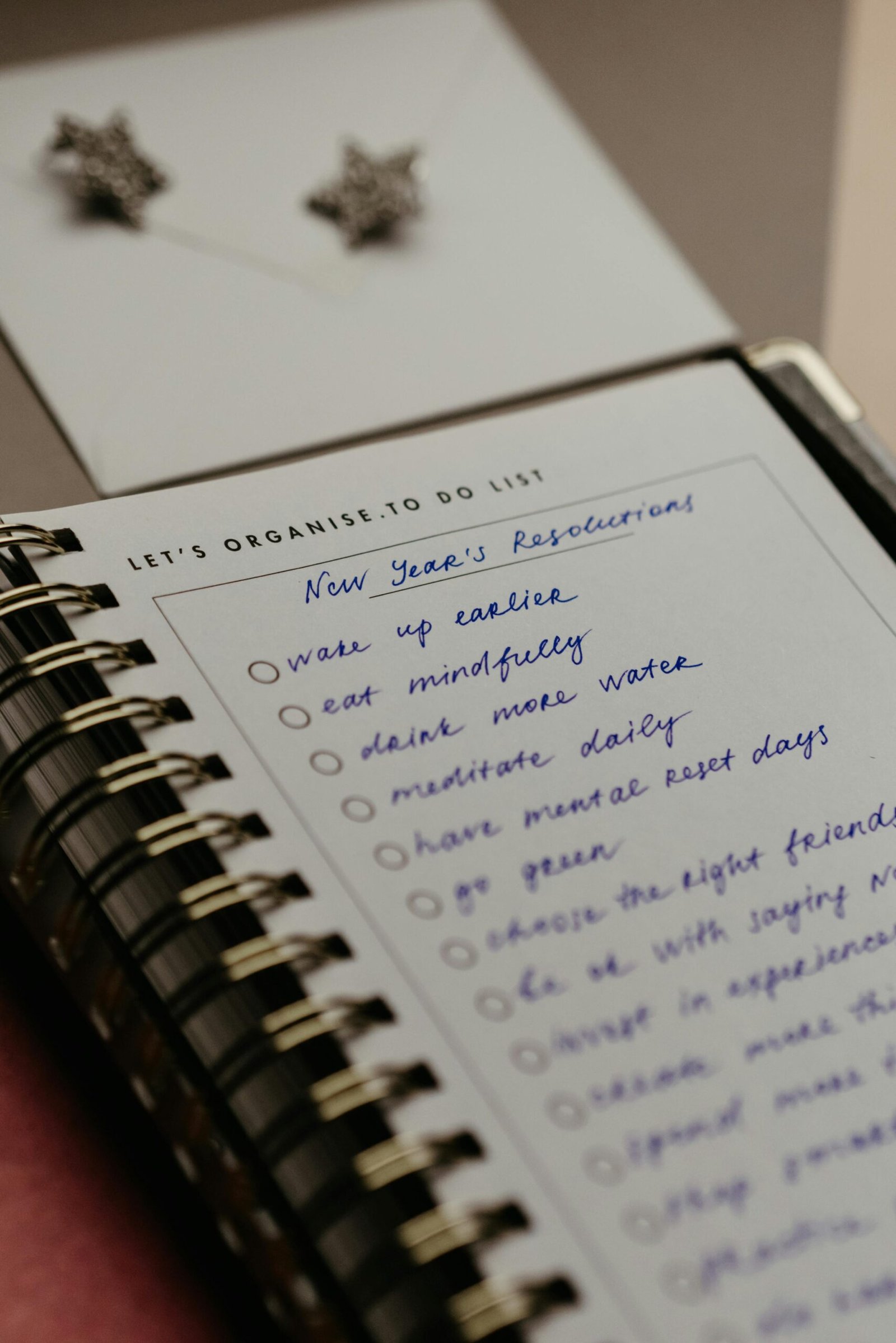
What Spikes Me? How to Spot Your Personal Triggers
What Spikes Me? How to Spot Your Personal Triggers I’ll be honest—when I first started paying attention to my blood sugar, I thought it was
When patients see A1c listed on their bloodwork, I can almost guarantee at least half of them have no idea what it actually means. I’ve had people look at me and say, “So, my sugar is fine, right? Or is it high? I don’t get it.” Honestly, I don’t blame them—the hemoglobin A1c test sounds technical, and doctors don’t always explain it in plain English.
So let’s break it down together. This number isn’t about one blood sugar reading. It’s more like a long-term “memory” of how your blood sugar has been doing over the past few months. And once you understand it, your A1c becomes one of the most powerful tools for tracking your metabolic health.
Think of your red blood cells like little buses driving through your bloodstream. Every time sugar (glucose) hops on board, it leaves a sticky mark on the bus seat. Over time, the more sugar in your blood, the more seats get covered in sugar.
The A1c blood test checks how many of those “seats” are sticky. Since red blood cells live about 3 months, this test gives you an average picture of your blood sugar control over that whole window—not just what happened the morning you got your labs drawn.
That’s why A1c is different (and honestly, more helpful) than a single glucose test. It measures the pattern, not the snapshot.
Your A1c isn’t just a number—it’s information about how your body is handling sugar and insulin day-to-day.
A higher A1c means more sugar sticking to your red blood cells, which also means more sugar floating in your bloodstream.
Over time, that extra sugar can damage blood vessels, nerves, and organs.
That’s why the A1c test is so widely used to screen for prediabetes, diabetes, and even track how well lifestyle changes or medication are working.
But here’s the hopeful part: even small improvements in your A1c levels can significantly lower your risk of complications like heart disease, kidney problems, and nerve damage.
Here’s a quick breakdown of A1c ranges you might see on your lab results:
Normal A1c: below 5.7%
Prediabetes: 5.7% to 6.4%
Diabetes: 6.5% or higher
👉 Keep in mind: “normal” doesn’t always mean “optimal.” For many people, aiming for the lower end of normal (closer to 5.0–5.4%) is a better sign of long-term metabolic health.
And remember: these numbers are data points, not judgments. Your A1c doesn’t define your worth—it’s simply feedback about what’s going on inside your body.
It’s tempting to assume A1c is only about food, but that’s not true. Plenty of factors outside of diet can nudge your A1c up or down:
Stress: Chronic stress raises cortisol, which can push blood sugar higher.
Sleep: Poor sleep (less than 6 hours) is linked to higher fasting glucose and A1c.
Illness or infection: Your immune system shifts how your body uses glucose.
Medications: Steroids, for example, can raise blood sugar significantly.
Hormones: PCOS, thyroid imbalances, and menopause all play a role.
Genetics: Some people have higher A1c even at the same average blood sugar.
When patients realize all these pieces are at play, it usually brings a sense of relief. If your A1c is creeping up, it doesn’t mean you’ve “failed”—it means your body is juggling a lot, and now you’ve got the information to support it better.
If your A1c is higher than you’d like, here are some everyday strategies that can help support healthier blood sugar patterns:
Prioritize protein at meals. Aim for 20–30g per meal to slow down glucose spikes.
Pair carbs with fiber or fat. An apple with peanut butter will hit your blood sugar differently than an apple alone.
Move after meals. Even a 10-minute walk after dinner can lower post-meal glucose by 10–20 points.
Focus on sleep. Set a bedtime routine and aim for 7–8 hours consistently.
Manage stress. Breathwork, journaling, or simply saying “no” more often can lower cortisol, which helps stabilize blood sugar.
Limit liquid sugars. Soda, juice, and sweetened coffee drinks hit the bloodstream fast and keep A1c higher over time.
None of this is about being perfect—it’s about stacking small, sustainable habits that make your body’s job easier.

Join me on my journey to a healthier lifestyle

Great option if you want a traditional lab draw without needing a doctor’s order for only $29.

Easy ordering, flexible lab locations, multiple testing options, and clear results.

Everlywell’s at-home Vitamin D Test lets you collect a simple finger-prick sample and get physician-reviewed results without leaving home.
Affiliate Disclaimer: Some of the links above are affiliate links, meaning I may earn a small commission if you purchase through them—at no extra cost to you. I only share lab options I genuinely trust and would recommend to my own patients, friends, and family.
Your A1c is just one piece of the puzzle. Numbers give you the information, but what you do with them is what changes your health.
If you’re ready to go deeper:
Take my free quiz: What’s Sabotaging Your Healthy Habits?
Grab my freebies: Inner Critic Playbook and What Spikes Me Workbook
Or book a free 60-min consultation with me to talk through your labs, lifestyle, and next steps.
You don’t have to navigate this alone—let’s connect and find a way forward that feels sustainable.
American Diabetes Association – A1c and Diabetes
CDC – Understanding A1c
National Institute of Diabetes and Digestive and Kidney Diseases – Hemoglobin A1c Test

What Spikes Me? How to Spot Your Personal Triggers I’ll be honest—when I first started paying attention to my blood sugar, I thought it was

Best Lab Tests for Prediabetes: Catching Blood Sugar Problems Early I’ll never forget a patient who came in saying, “But I don’t have diabetes —

Understanding the C-Peptide Test: Why It Matters for Blood Sugar & Insulin Health The first time I ordered a C-peptide test for a patient, I
If you’re tired of the endless cycle of dieting and conflicting health advice, feeling overwhelmed and longing to truly understand how to nourish your body and feel good in your own skin like I did, you’re in the right place. Through my blog, I share insights on weight loss, mindset, neuroplasticity, nutrition, and self-care to empower you on your wellness journey. Whether you’re seeking personalized guidance to address specific health challenges or you’re ready to break free from restrictive diets and embrace body acceptance while achieving sustainable weight loss, I offer coaching programs designed to help you cultivate lasting health and body confidence. Ready to explore a different path?

One-on-one sessions tailored to your health history, goals, and lifestyle—rooted in nursing expertise and current wellness science.
Guided coaching to help reframe limiting beliefs around food, body image, and health—so you stop sabotaging your progress.
Practical tools, customized strategies, and compassionate support to help you take consistent, manageable steps forward.
“Working with Rebecca completely shifted my mindset.”
I had tried everything—diets, workout programs, you name it—but nothing ever stuck. Rebecca showed me how to reframe my beliefs about food and my body. I’m losing weight without trying to lose weight!

“I finally feel in control of my health for the first time in years.”
Rebecca didn’t just focus on my symptoms—she really listened to my story and helped me understand the root of my challenges. Her guidance was practical and tailored to me, and now I feel empowered to make choices that support my health every day.

“Rebecca’s support made all the difference.”
Having someone who understands both the medical side and the emotional side of health was a game-changer for me. Rebecca provided me with actionable steps, encouragement, and accountability every step of the way. I can’t recommend her coaching enough!

Book a no-pressure session where we’ll talk about your health goals, struggles, and what’s been holding you back. You’ll walk away with clarity—even if you don’t sign up.
Based on your unique history and needs, I’ll create a personalized plan—no generic advice here. You’ll get clear next steps, ongoing support, and a roadmap that fits your life.
With consistent guidance and mindset shifts, you’ll feel more in control of your health, more confident in your choices, and more connected to the person in the mirror.

Personalized 60-minute sessions tailored to your unique health goals, lifestyle, and challenges.

A roadmap designed just for you—no generic advice, just focused guidance based on your needs and medical background.

Worksheets, journaling prompts, and reflection exercises to help you stay mindful and motivated between sessions.

We’ll track what matters most to you—from energy to mindset to symptom relief—so you can see real growth.

Break free from old patterns and build new habits with a focus on lasting behavior change—not quick fixes.

Stay connected with check-ins and direct access to me for questions, encouragement, and clarity when you need it.
You don’t have to figure it out alone. Whether you’re managing a chronic condition or tired of the constant struggle with weight and self-doubt, support is here.